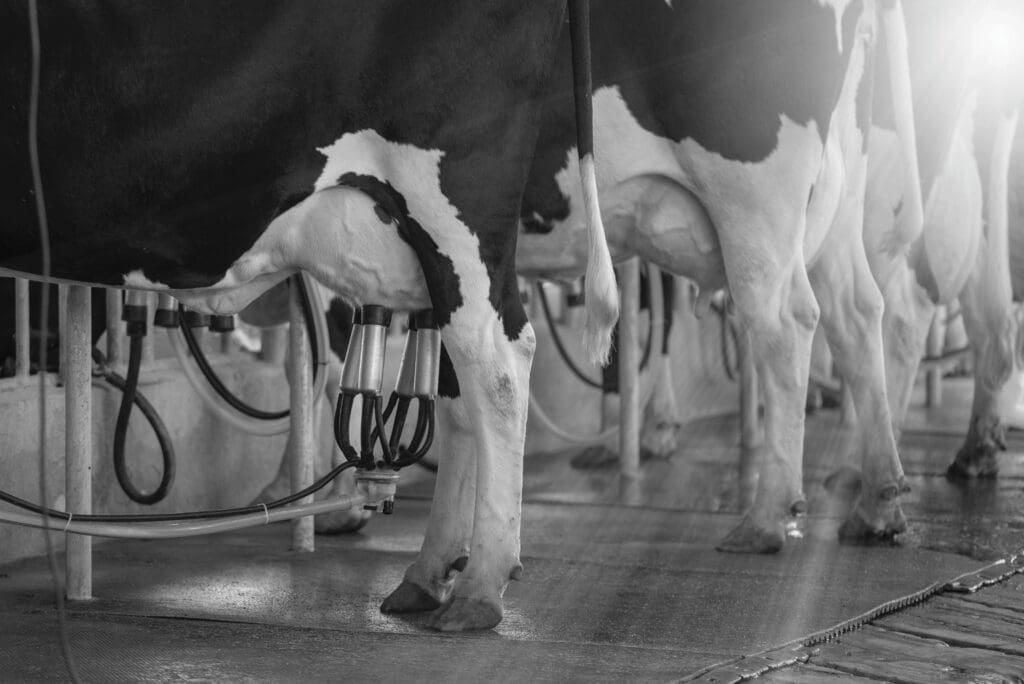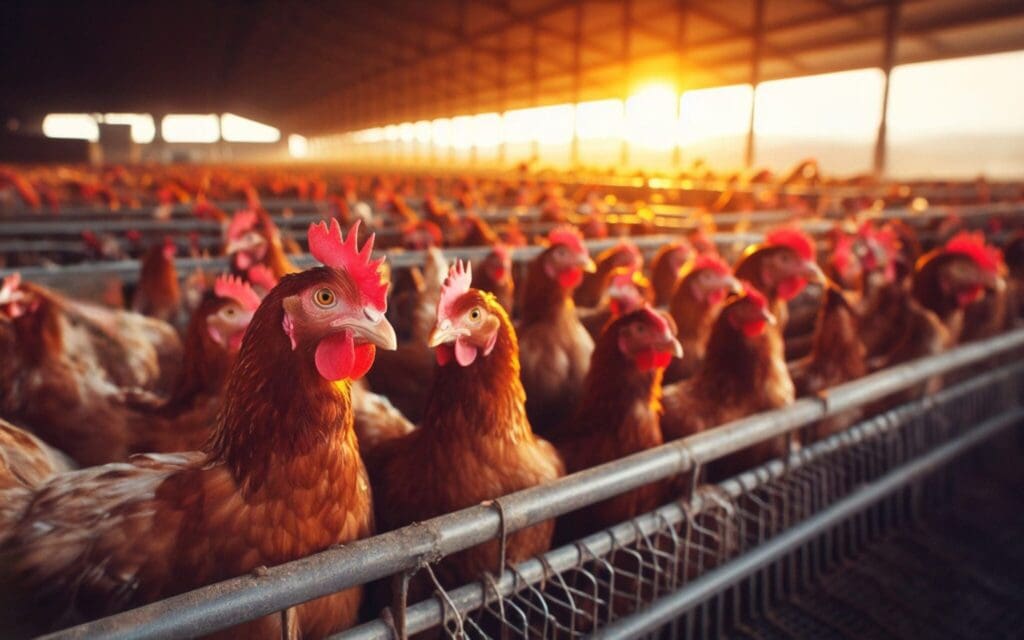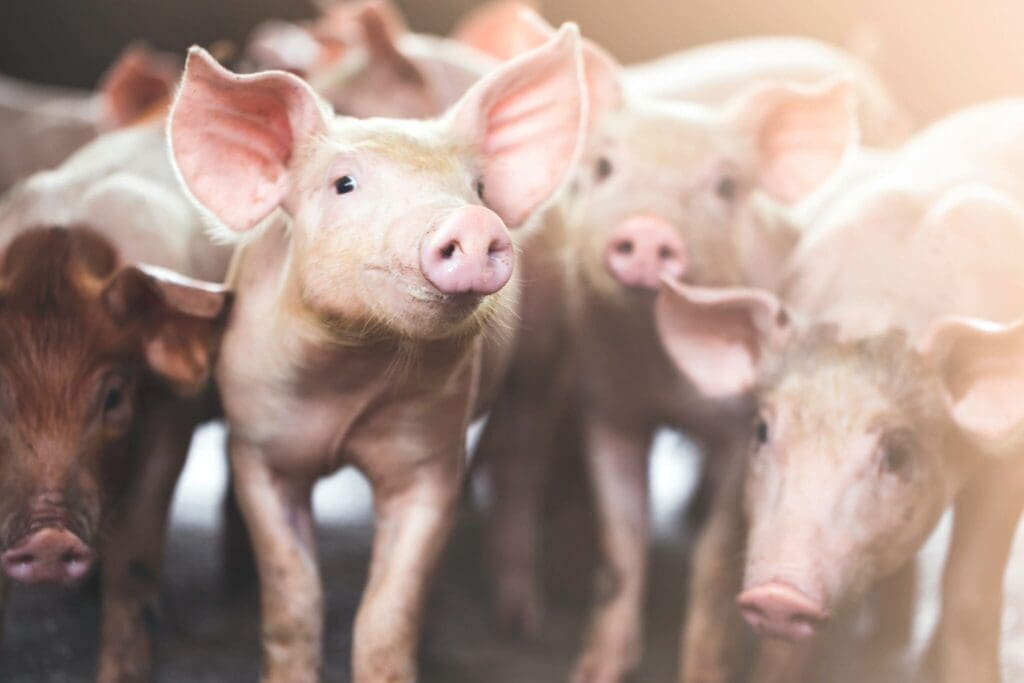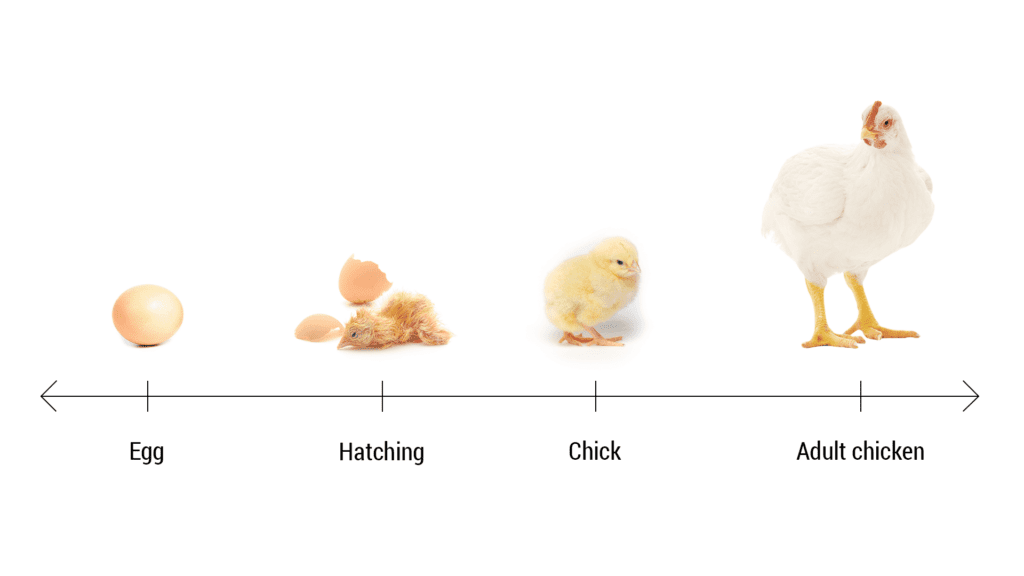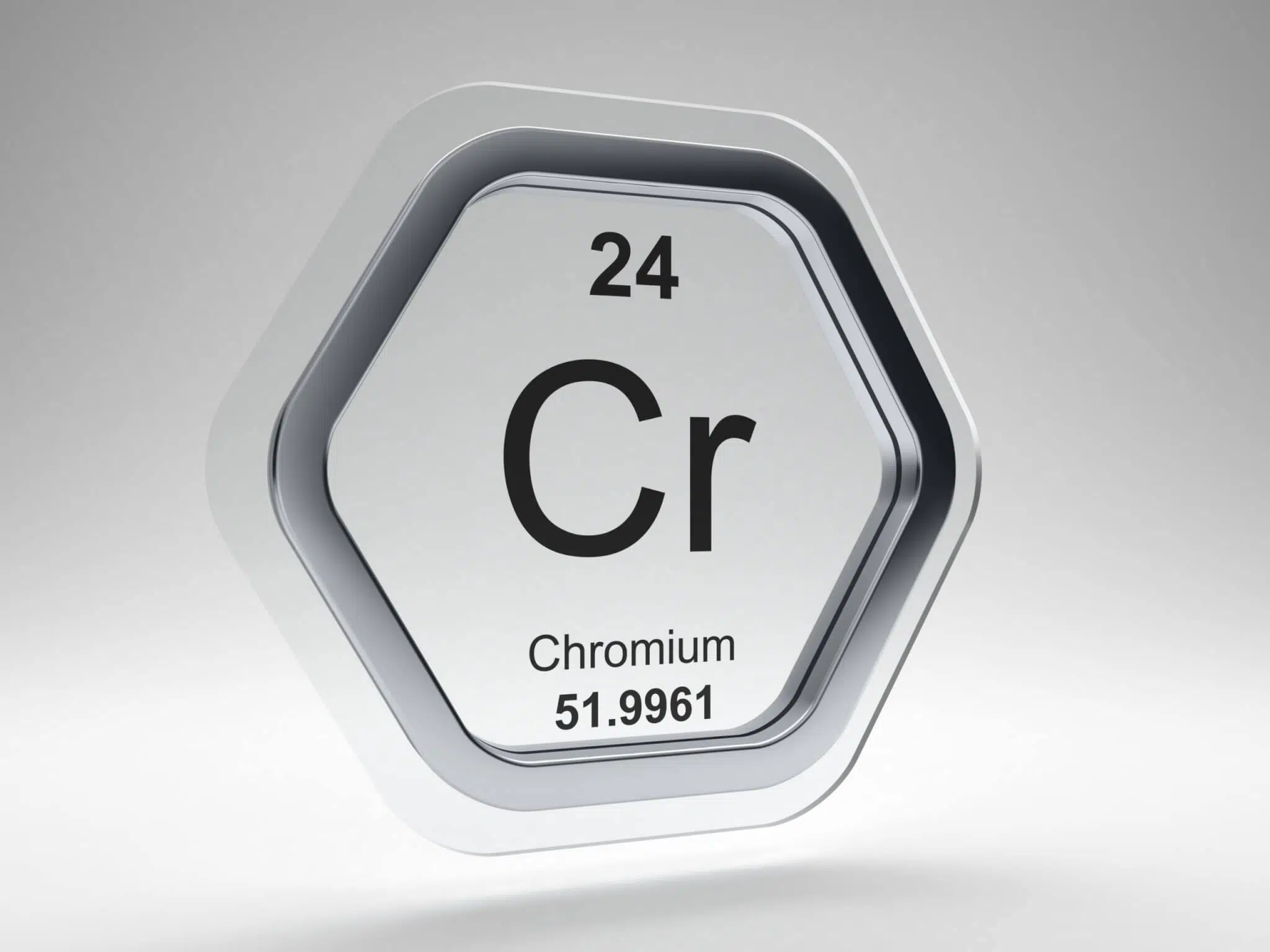The key to success in today’s ruminant industry is managing the effects of stress on animals. The goal is to minimise the cost of stress and help animals achieve optimal production. To achieve this, trace mineral nutrition is paramount. Keeping animals correctly fortified in terms of trace minerals will prevent the costliest deficiency – the unknown. Chromium has been well established as an essential nutrient. There is increasing evidence of the benefits of chromium for ruminants, and positive responses to chromium supplementation are related either to an apparent shifting of energy partitioning or improved immunocompetence and stress resistance.
Chromium is known to activate enzymes, maintain protein stability, and enhance carbohydrate metabolism. The primary role of chromium is to potentiate the interaction between insulin and cell receptors through its presence in a form called the glucose tolerance factor (GTF). The GTF allows a higher rate of glucose to enter the cell, where it is converted into energy. This additional energy fuels protein synthesis, lean tissue (muscle) growth, cellular maintenance, and improves overall production.
Chromium is also required for normal function of the β-cells in the pancreas, preventing hyperresponsiveness of insulin secretion to glucose stimulation.
Stress and disease adversely affect the action of insulin, which may lead to increased glucose metabolism and the mobilisation of chromium from the body reserves and, therefore, also an increase in the rate of chromium excretion. Unfortunately, the chromium status of an animal is not easily determined and measuring the blood chromium concentration has limited value.
Chromium absorption
Chromium concentrations in common feedstuffs vary greatly. In addition, analysis for chromium in a ration is technically difficult since low levels of chromium are normally present and chromium contamination during feed processing, sample collection, and laboratory analysis is common. Generally, forages and by-products seem to contain more chromium than grains. There is not much information about the bioavailability of chromium in feedstuffs for livestock, but it is generally considered to be poorly available.
Although the mechanisms of chromium absorption are not yet well understood in ruminants, it has been reported that chromium absorption in the rumen itself is negligible. Chromium is absorbed primarily in the small intestine, with different factors affecting its absorption. It is, however, well accepted that the bioavailability of organic chromium compounds is higher relative to inorganic chromium sources.
Several factors affect the low bioavailability of inorganic chromium. These are related to the formation of insoluble chromic oxide during digestion, interference with ion forms of other minerals, chromium binding to natural, chelating-forming compounds, slow conversion of inorganic chromium to bioactive forms, and/or the suboptimal amount of certain amino acids. The higher bioavailability of organic chromium is facilitated by the specific chelation of the mineral with organic acids, amino acids, or other compounds.

Chromium, stress, and the immune system
During periods of stress, circulating levels of cortisol increase, as does the excretion of urinary chromium. Cortisol acts antagonistically to insulin, decreasing glucose uptake by the peripheral tissue and sparing it for tissues of higher demand. The decreased glucose uptake by the peripheral tissue results in increased mobilisation of body tissue as the animal attempts to fulfil its metabolic energy needs.
Higher cortisol levels have been found to reduce the serum protein concentration and to be immune-suppressive by inhibiting the production and activity of antibodies and lymphocytes. The role of chromium in immunity is related to the effects of chromium on both insulin and cortisol. Chromium can also improve immune function by regulating the activities of some immune-related enzymes and the content of immunoglobulins, which will influence the result of vaccination.
Chromium for feedlot animals
Weaning, handling, transportation, crowding, environmental changes, and feedlot acclimation could lead to psychological and physical stress, causing a deficiency in chromium. Organic chromium supplementation during periods of increased stress has a positive effect on animal performance, specifically due to improved resistance or recovery from stress and increased immune function.
Chromium can also enhance other aspects of the immune system, including responses to certain vaccines. A reduction in morbidity and reduced relapses of bovine respiratory disease can greatly influence the success of a feedlot operation.
Supplemental organic chromium can increase the rate of gain for the newly arrived animals, depending on the level of stress and/or disease challenge. In a five-year research summary (1989 to 1993) in newly arrived calves in feedlots, organic chromium increased the 21- to 28-day weight gain, with the greatest response occurring in the bottom-gaining third of the animals.
During the growing period, chromium supplementation in the final 30 to 40 days before slaughter can improve growth performance and carcass quality. The finishing and preslaughter period combine several stressors, favouring the potential benefits of supplemental chromium and a positive economical return.
Profitable feeding is all about precise supplementation, and organic chromium in growing and finishing diets may be beneficial in the following circumstances: during periods of heat stress, in borderline or lower-protein diets, in backgrounding programmes where animals are fed high levels of forage silages, in diets low in effective fibre, and in disease-challenged animals.
Chromium for dairy animals
First-lactation cows appear to be particularly deficient in chromium. These animals may be more stressed than mature cows as they are attempting to adapt to the new lactation, new social interactions, and new environment. In addition, these animals still need to direct some nutrients towards growth to reach mature size. Chromium supplementation tends to increase DMI in first-lactation cows, leading to an increased milk yield during the lactation.
The transition period from late gestation through early lactation is a crucial time for high-producing dairy cows. These six weeks, from 21 days prior to calving to 21 days postpartum, can have an enormous influence on the entire lactation. During this time, cows are under great physical, nutritional, psychosocial, and metabolic pressure, which is reflected in altered hormone profiles and immune function.
Typical high-producing dairy cows are in a negative energy balance during the first weeks after calving. During this time, animals require a large supply of glucose for milk lactose synthesis, influencing plasma glucose and insulin. Insulin influences glucose utilisation and nutrient partitioning, determining milk production, fertility, and health status of cows. Supplementation of organic chromium during the transition period has been shown to be beneficial for dairy cows and can improve immune function, increase or maintain DMI, maintain body weight after calving, and increase milk production.
In dairy cows, most metabolic disorders occur at or shortly after parturition and represent a failure of the cow to adjust to the rapid onset and stress of high milk production; the incidence of many metabolic disorders also increases with parity. Feeding and handling to minimise ketosis, hypoglycaemia, and other metabolic disorders are critical to cow health, productivity, reproduction, and longevity. Specific rations and strategies must be used, including possible supplementation with organic chromium.
Selecting an organic chromium source
- Do your homework and take time to understand the differences between each organic chromium source.
- Select a reputable supplier who has industry experience and proven technology.
- Use only research-proven compounds and make sure there is enough research to demonstrate that the specific organic chromium source is effective. Avoid suppliers who have little or no research to support their own product and those who use research from other products to support their own product efficacy.
- When selecting a chromium supplier, remember that chromium products of the same form may be manufactured using different manufacturing processes, which may affect the individual performance of each product. Research on one product does not necessarily apply to different brands or forms of that same product.
In summary
The story of chromium is in many ways the story of insulin, energy, and protection. The primary role of chromium is to potentiate the action of insulin and the biologically active form, GTF, promotes glucose uptake and metabolism and decreases the breakdown of body tissue.
When a marginal chromium deficiency occurs, supplementation of organic chromium can be beneficial to a wide range of functions and is important to animal health, welfare, longevity, productivity, and product quality. Chromium is the anti-stress mineral that can greatly influence the success of a livestock operation. Remember, the most important nutrient is the one that is missing.
